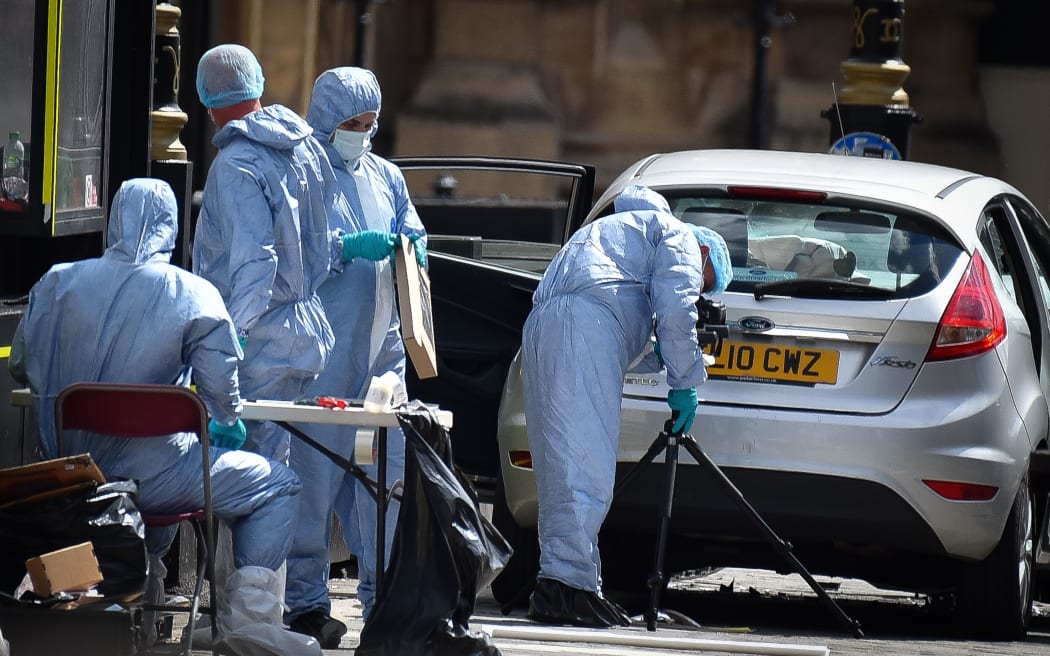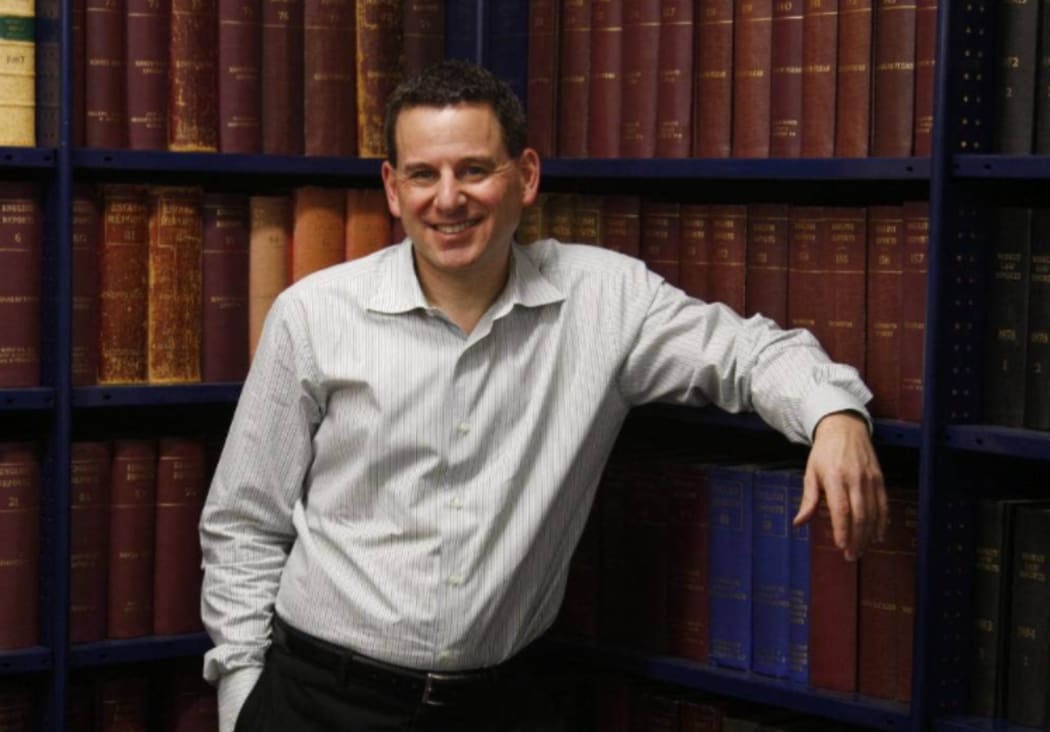
Photo: 123rf
Covert policing techniques from the USA you see in the movies or on tv don’t necessarily translate to this country. Take the example of a detective getting hold of a glass from a bar which has been used by someone who has finished a drink. The DNA traces its contains – perhaps from fingerprints or traces of saliva – can be used in court in the USA, according to Assoc. Prof. Scott Optican.
“In the United States, courts have squarely held that there is absolutely no problem with this kind of surreptitious police collection of DNA evidence. American judges have stated that once a subject has abandoned his DNA on a bar glass, discarded tissue or the like, they have no further privacy or possessory interest in it, and so no rights to protect. Hence its collection is just fair game for the police or anyone else.”

Photo: Supplied
In fact, based on this very abandonment theory, Optican adds, “Just last month, detectives in Colorado recently reinvigorated a 35-year-old murder cold case. They did this by getting on the same aeroplane as the suspect, sitting a few rows behind him, and intercepting a discarded water bottle that he drank from before the flight attendant at Spirit Airlines could throw it in the bin. DNA evidence obtained from that bottle matched DNA evidence taken from a ski mask worn by the killer and preserved all these years later in a police lab. “

Photo: AFP / Alberto Pezzali / NurPhoto
That suspect is now facing prosecution for the 1985 murder as a result of that very simple sting.
“So, he asks, “What about the propriety of the bar glass scenario in New Zealand? Its status is currently unsettled in New Zealand law. It’s never been tested through a New Zealand court. And that’s probably because it hasn’t been used by the police as a way of obtaining a criminal suspect’s DNA. In fact, there is no specific body of New Zealand law that governs the legality or not of DNA evidence obtained by police in this manner.”
About the speaker

Assoc. Prof Scott Optican Photo: University of Auckland
Scott Optican is an Associate Professor at the University of Auckland Faculty of Law in New Zealand. A former member of the executive board of Fulbright New Zealand, he holds a BA degree in Rhetoric from the University of California at Berkeley (1982), a Masters degree (MPhil) in Criminology from the University of Cambridge, England, (1983), and a JD degree from Harvard Law School (1988). Scott interned at the Crime Prevention and Criminal Justice Branch of the United Nations in Vienna, Austria (1985), and served as a prosecutor in the New York County District Attorney's Office (1990.
He specializes in evidence, criminal procedure, and comparative criminal procedure, and has written widely on criminal justice and policing issues arising under the New Zealand Bill of Rights. Scott is also a co-author of The New Zealand Bill of Rights, the first comprehensive treatise on the protection of rights and freedoms under the New Zealand Bill of Rights Act 1990.
In 2001, Scott was a Visiting Professor at the University of Oregon School of Law, USA, where he taught criminal law and criminal procedure. In June 2004, Scott taught comparative criminal procedure at the University of Auckland Faculty of Law. He also taught comparative criminal procedure at the University of Western Ontario, and at the University of Kansas School of Law.
In 2005, Scott gave lectures on Western concepts of criminal procedure to Turkish lawyers, academics and judges attending seminars at the Bahcesehir University Faculty of Law in Istanbul, Turkey. He also travelled to Israel in 2007 to be a visiting professor at the University of Haifa Faculty of Law. Scott’s co-authored a book on the NZ Evidence Act and a chapter on criminal procedure to Criminal Justice in New Zealand. Recent articles include publications on the exclusion of illegally obtained evidence under s 30 of the NZ Evidence Act 2006, and a comparative examination of exclusion under US and NZ law. Scott is a regular commentator in the New Zealand media on issues related to crime and justice.
Raising the Bar was recorded in association with the University of Auckland

Photo: University of Auckland

